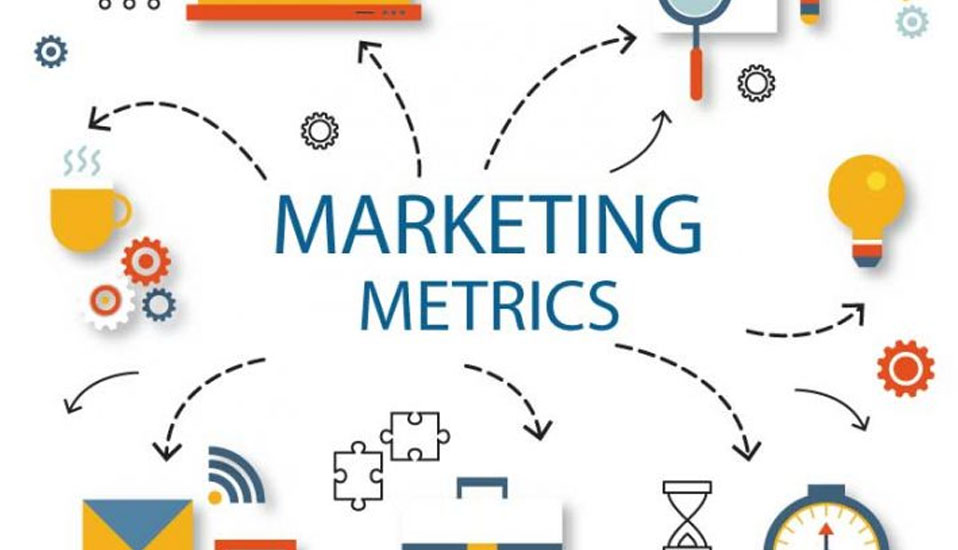By Rachel Lloyd
Partner Consultant, The Loop
There was a time when pure creativity triumphed in the world of marketing and communications. Then came the era of political correctness, bringing a myriad of unwritten rules on what was and was not socially acceptable for brands to say, do, or represent.
Today we find ourselves in the age of the hyperconscious consumer, where if you don’t read the room carefully, it can take a very long time to right the wrongs you’ve written. What’s more, there’s an ever growing expectation for brands to tackle the issues in the room head on, bringing a new marcomms metric in the form of active social responsibility.
An evolution witnessed through words
The transition from creativity to responsibility seemed to start out as something of a slow-turning ship. Beyond the drudge of political discourse and the mêlée of popular culture, a more rudimentary barometer of societal sentiment is the Oxford English Dictionary’s much mused-over ‘word [often phrase] of the year’.
In 2005 we were all apparently embroiled in the frivolity of ‘Sudoku’, while 2006 was the year we were – or perhaps weren’t – ‘Bovvered’. By 2010 we’d moved on from the numbers game and TV catchphrases to earnest ideologies, and it was the ‘Big Society’ that defined the start of that change in course.
In 2017 we witnessed the ‘Youthquake’ and by 2019 the gauge had firmly tipped towards social consciousness as ‘Climate Emergency’ became the term that defined the end of a tumultuous decade.
The 2020 effect
As with many aspects of business practice, 2020 transformed that slow turning ship into a hurtling speed boat. The pandemic redefined consumer priorities and people began to look to brands to start solving societal problems rather than simply supplying their goods and services in a socially responsible way.
According to Edelman’s 2020 Trust Barometer, 85 percent of people said they wanted brands to solve their personal problems, while 80 percent wanted them to ‘solve society’s problems’; quite a tall order for those that had previously only dabbled with social responsibility from a PR perspective.
From climate change and food insecurity to racial injustice and healthcare inequality, 2020 certainly gave brands a lot to think about.
Standing out means stepping up
The good news for brands that do step up is that there is clear scope to boost their bottom line. As consumers are changing their habits to purchase more responsibly, research published by IBM suggests that more than half of buyers are willing to pay a premium for brands that are responsible and sustainable.
Yet with a new metric comes a new set of rules; the dos and don’ts that can make the difference between elevating or tarnishing a brand in such a sensitive consumer environment.
The dos
Authenticity: Do focus on something you can prove your business really cares about – make it relevant and relatable to your customers rather than opportunistic and uneasy.
Leadership: Do let those in the know take the lead – gen z-ers are innately attuned to the challenges the world is facing, so it makes sense to empower the youthquakers to become the changemakers.
Collaboration: Do take the opportunity to learn from and even work with competitors that share your priorities, rather than trying to bring them down.
Impact: Do set metrics and try to find ways to measure the impact of your actions to show your customers and stakeholders that it’s more than just lip service.
The don’ts
Jump on the bandwagon: Don’t simply use the issues of the day to boost your brand – it’s liable to backfire and get you noticed for all the wrong reasons.
Get preachy: Don’t take the moral high ground – be careful to communicate with empathy rather than authority because when it comes to social responsibility, we’re all in it together.
Go it alone: Don’t work in a silo – make sure all the teams across your organisation communicate the common goal and take accountability for upholding those brand values.
Hold back: Don’t treat it as a one-off – social responsibility, in whatever form it plays out, must become part of a long-term business strategy.
Another ‘new normal’ for the future
With so many transformations from 2020 now entering the mainstream, brand responsibility is destined to be a new normal in marketing literacy. Whether it’s acting on climate change, supporting the vulnerable in society, or implementing ethical practices down the supply chain, brands must be ready to take their customers on the journey with them to promote the long-term loyalty they seek.

